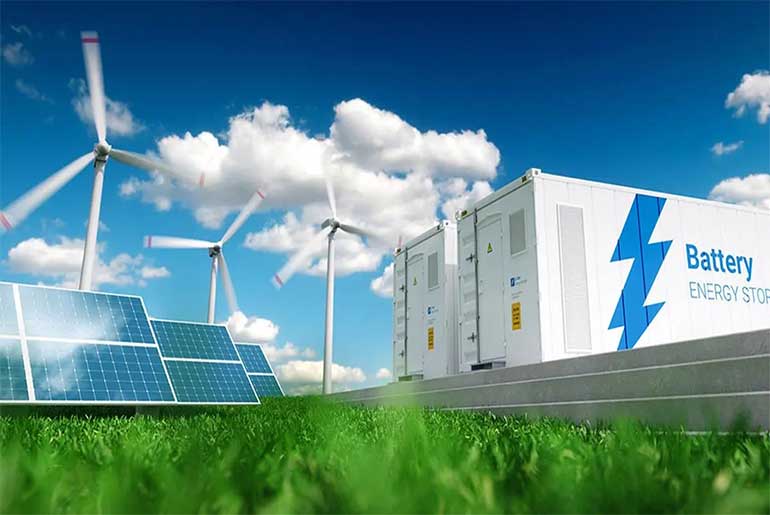Rajasthan Rajya Vidyut Utpadan Nigam Limited (RRVUNL) petitioned the approving tariff against the tariff determination that was identified through the process of competitive bidding conducted to establish a 500 MW/1000 MWh Standalone Battery Energy Storage System (BESS) in Rajasthan. Another green shoe option of 500 MW/1000 MWh is also incorporated in the project. Such storage capacity of batteries shall be constructed through the Build-Own-Operate (BOO) scheme and the viability gap fund (VGF) at the central government level.
The bidding process was based on a guideline issued by the Ministry of Power on 10 March 2022. Eleven bidders took part, and four of them were awarded after a reverse auction based on a technical and financial screening. These comprise JSW Neo Energy, Solarworld Energy Solutions, Rays Power Experts and Oriana Power. The identified tariffs varied between 2.21 lakh/MW/month and 2.24 lakh/MW/month.
The commission studied the issue of the transparency and market alignment of the bidding. It ensured that the bidding was in accordance with the governmental standards and that tariffs were at one of the lowest levels in recent similar tender activities in India. The augmentation of grid stability, the integration of renewable energy, and the reduction in the cost of power purchased by distribution companies (DISCOMs) are the goals of the project. It is projected that the use of stored renewable energy to replace the expensive purchasing of energy during peak hours will save the company 18 lakh rupees to 1 crore worth of energy per day.
The given project will be launched in four of the most important places in Rajasthan: Giral, Suratgarh, Heerapura, and Sakatpura. The choice of these sites rested on technical and operational advantages, such as availability near renewable sources as well as the possibility of managing the load of the grids.
The commission conceded that the tariffs would remain valid throughout a period of 12 years and ordered the RRVUNL to ensure transparency in a way that it makes known publicly the information of successful bidders and their tariffs to the rest of the population. The commission also recommended investigating high-technology batteries and reporting progress at regular intervals.



